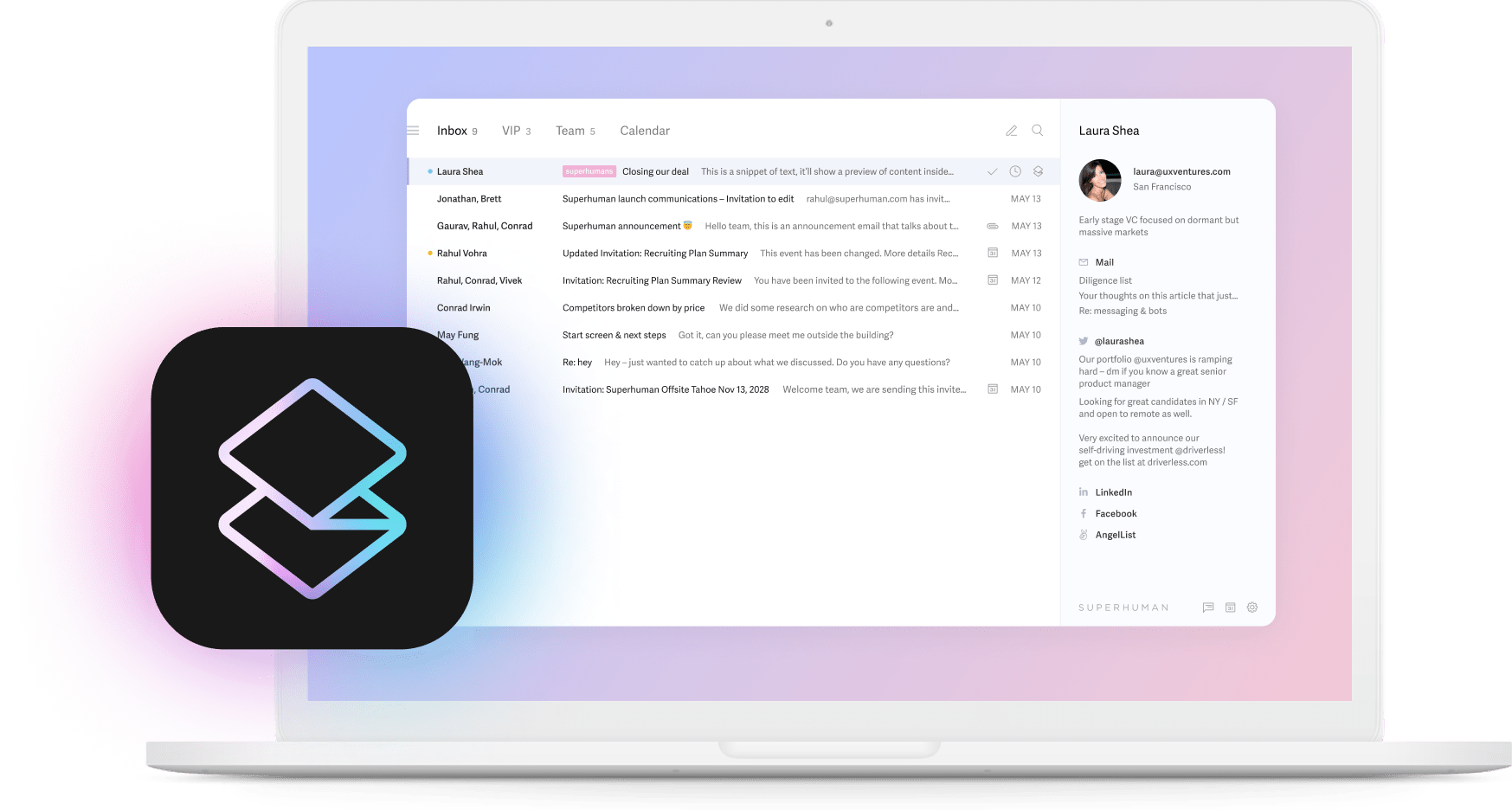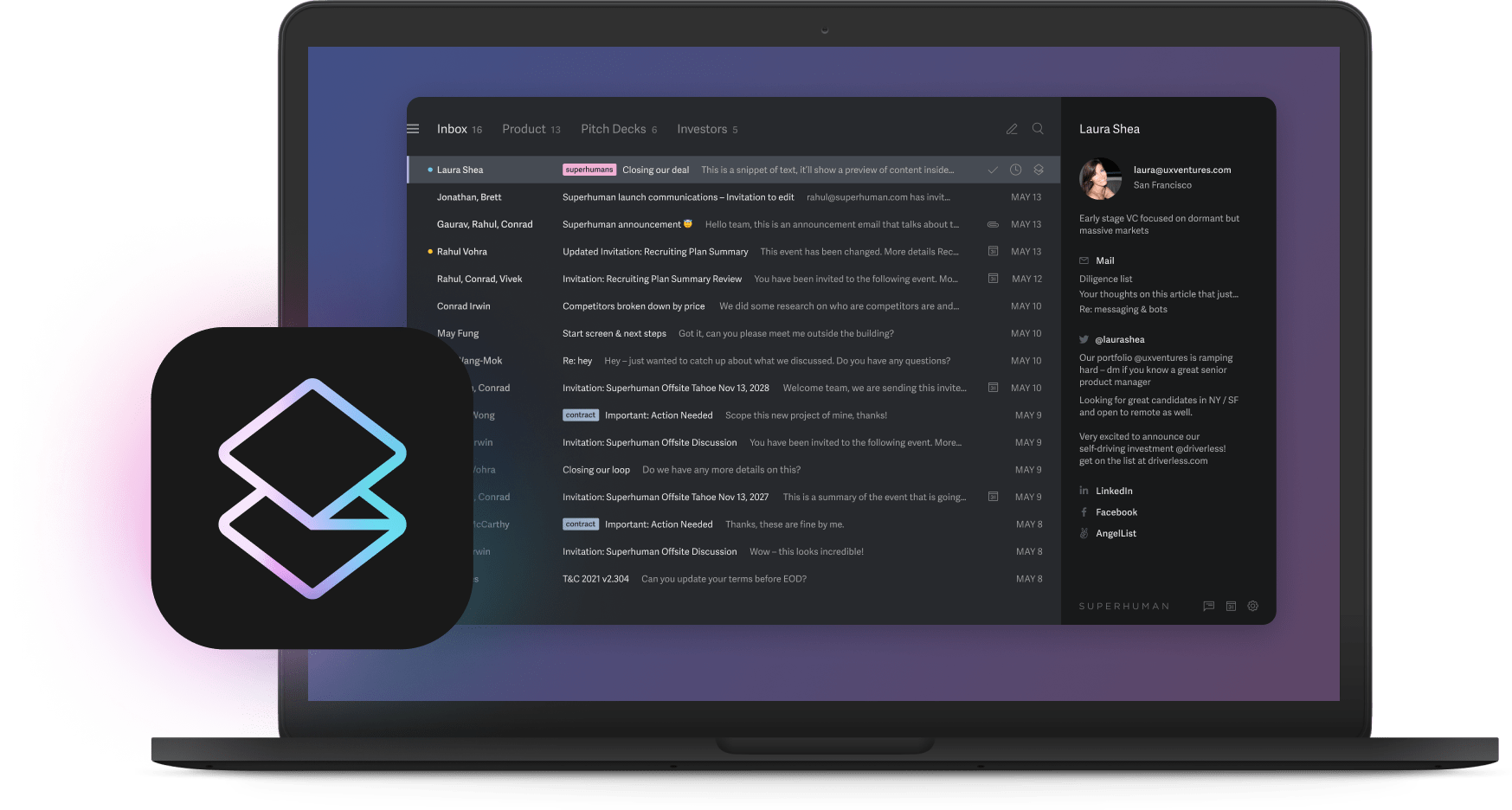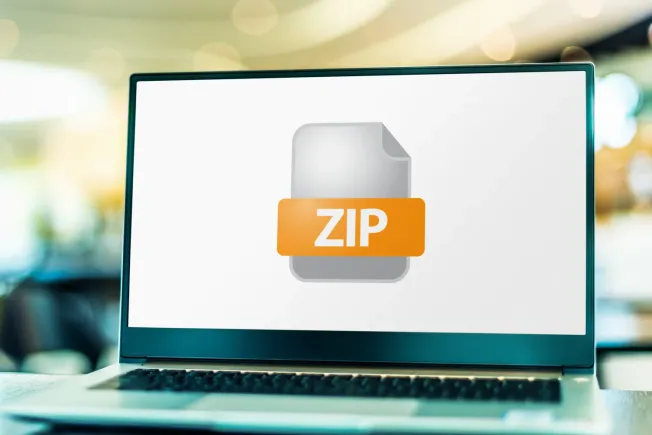
Your sales team drowns in work that doesn't move deals forward. Reps spend 70% of their time on nonselling tasks instead of having conversations with buyers. Meanwhile, buyers expect instant, personalized responses that most teams can't deliver at scale.
AI in sales enablement changes this equation. We're talking about intelligent systems that generate personalized content in seconds, surface the right battle card mid-call, and coach reps through complex negotiations.
What is AI in sales enablement?
AI in sales enablement refers to the integration of artificial intelligence technologies into sales enablement processes, tools, and strategies to improve sales team performance, productivity, and effectiveness.
This encompasses machine learning algorithms, natural language processing, predictive analytics, and generative AI capabilities that automate repetitive tasks, provide data-driven insights, and deliver personalized support to sales representatives and managers.
The technology operates across multiple dimensions of the sales enablement function. AI systems analyze historical sales data, buyer interactions, and content performance to identify patterns and predict outcomes.
They generate personalized sales materials, automate administrative workflows, and provide real-time coaching during customer interactions. Modern AI-powered sales enablement platforms integrate with existing CRM systems, communication tools, and content management systems to create a unified intelligence layer that enhances every aspect of the sales process.
According to our State of Productivity AI report, industry-leading companies are 3x more likely to have experienced significant productivity gains from AI. The distinction between traditional and AI-powered enablement lies in adaptability and scale.
Core AI applications transforming sales enablement
Sales enablement touches every part of the revenue cycle, and AI enhances each component differently. Here are the six primary applications making the biggest impact:
- Content generation and personalization: Creates tailored emails, proposals, and presentations based on buyer context and historical success patterns
- Real-time coaching and training: Delivers contextual guidance during live interactions and identifies skill gaps for targeted improvement
- Intelligent content management: Automatically surfaces relevant materials and tracks content performance across the buyer journey
- Predictive analytics and lead scoring: Analyzes signals to prioritize opportunities and forecast deal outcomes with higher accuracy
- Conversation intelligence: Captures and analyzes customer interactions to identify winning behaviors and at-risk deals
- Automated data entry and CRM hygiene: Eliminates manual logging by automatically capturing and syncing interaction data
Content generation and personalization
Writing personalized emails, proposals, and follow-ups consumes hours every week. AI changes this by generating tailored content in seconds based on buyer context and deal stage.
Modern AI analyzes your past successful emails to understand your tone and messaging patterns. When you type a few words, it completes entire emails that sound like you wrote them. Write With AI in Superhuman Mail helps teams draft responses that match their voice while maintaining consistency across all customer touchpoints.
Beyond email, AI generates complete sales presentations, one-pagers, and proposals by pulling from your content library and customizing based on the specific buyer. Instead of spending an hour building a deck, reps input basic parameters and get a personalized presentation ready for their next meeting.
Real-time coaching and training
Traditional sales coaching happens weekly or monthly, if at all. AI coaching happens in the moment, when reps need it most. During live calls, AI surfaces talk tracks, objection handling tips, and discovery questions based on the conversation flow.
AI-powered platforms analyze call recordings to identify coaching opportunities. They spot when reps miss qualification criteria, talk too much, or fail to address key pain points. Managers receive automated insights showing exactly where each rep needs help, making coaching sessions more targeted and effective.
New reps get contextual guidance as they navigate different tools and scenarios. Move a deal to the demo stage? AI automatically serves up demo best practices and common objection handlers specific to that product and buyer persona.
Intelligent content management
Sales teams waste up to 31% of their time just looking for or creating sales materials. AI solves this by automatically surfacing relevant content based on deal context.
When integrated with your CRM and communication tools, AI learns which content works best at each stage for different buyer types. It proactively recommends case studies, whitepapers, and product sheets that have helped win similar deals.
With Auto Summarize in Superhuman Mail, teams instantly understand long email conversations and identify which content to share next.
AI also maintains your content library by flagging outdated materials, identifying gaps in your collateral, and showing which assets actually influence buying decisions. Marketing teams see exactly what drives revenue, not just what gets downloaded.
Predictive analytics and lead scoring
Not all leads deserve equal attention. AI analyzes hundreds of signals, from email engagement to website behavior, to predict which prospects are most likely to convert.
Beyond basic lead scoring, AI identifies buying signals humans might miss. It notices when multiple stakeholders from the same company visit pricing pages, when engagement suddenly increases, or when a prospect's behavior matches patterns from previous successful deals.
AI examines historical deal data, current pipeline health, and rep activity to predict which deals will close and when.
Conversation intelligence
Every sales call contains valuable insights, but most of that intelligence gets lost. AI-powered conversation intelligence captures, transcribes, and analyzes every customer interaction to surface actionable patterns.
The technology identifies what top performers do differently during calls. It shows which discovery questions lead to better outcomes, which messaging resonates with specific personas, and which competitive positioning works best.
Teams using Shared Conversations can collaborate on deals in real-time, with AI helping identify key moments and next steps.
AI detects when buyers express concerns, show buying signals, or mention competitors. Reps receive alerts about at-risk deals before it's too late to save them.
Automated data entry and CRM hygiene
Poor CRM data kills accurate forecasting and effective coaching. Reps hate manual data entry, so critical information never makes it into the system. AI automates this entire process by capturing data from emails, calls, and meetings, then updating records automatically.
The technology logs activities, updates deal stages, and captures contact information without reps lifting a finger. It identifies new stakeholders mentioned in conversations and adds them to the opportunity.
When integrated with email platforms, AI tracks all buyer engagement and syncs it to your CRM in real-time.
Measuring the impact of AI on sales performance
Organizations implementing AI in sales enablement see measurable improvements across key metrics. Here's what the data shows:
- Time savings and productivity gains: B2B professionals report AI saves them at least one full workday every week
- Revenue impact: McKinsey research shows companies using AI see 3-15% revenue uplift
- Improved win rates: Organizations using AI enablement tools report up to 25% improvements in win rates
- Faster ramp time: New hires reach productivity 47% faster with AI-powered training according to industry studies
- Enhanced forecast accuracy: AI-driven forecasting reduces errors by up to 50%, improving planning and resource allocation
According to our AI productivity report, Superhuman customers who use AI save 37% more time than those who don't. With Instant Reply, reps wake up to an inbox where emails already have draft responses, cutting response time from hours to minutes.
Deal cycles shorten by up to 30% as AI helps reps navigate complex sales processes more efficiently. Automated follow-ups ensure no opportunity falls through the cracks.
Common AI use cases solving real enablement challenges
Every sales team faces similar challenges. Understanding how AI addresses these specific problems helps identify where to start your implementation.
The content discovery problem
Challenge: Reps can't find the right content during crucial moments. They're searching through folders while prospects wait on video calls.
AI solution: Intelligent content recommendation engines surface relevant materials based on conversation context. During a call about security features, AI instantly displays security whitepapers, compliance certifications, and relevant case studies.
The personalization problem
Challenge: Buyers expect personalized experiences, but reps don't have time to customize every interaction.
AI solution: Generative AI creates personalized content at scale. It drafts emails that reference specific pain points and customizes presentations for different stakeholders. Snippets in Superhuman Mail help teams maintain personalization while standardizing key messaging.
The data quality problem
Challenge: Incomplete CRM data makes it impossible to understand what's happening in deals.
AI solution: Automated data capture ensures every interaction gets logged. AI extracts key information from emails and calls, updates deal stages based on buyer signals, and maintains accurate contact records.
The follow-up problem
Challenge: Deals die from lack of follow-up. Reps juggle too many opportunities to maintain consistent communication.
AI solution: Intelligent automation manages follow-up sequences based on buyer behavior. When prospects engage with content or visit your website, AI triggers personalized outreach and suggests optimal send times.
Building your AI-powered enablement strategy
Implementing AI in sales enablement requires thoughtful planning. Follow these steps to ensure successful adoption:
- Start with clear objectives: Define specific problems you want AI to solve
- Evaluate your current tech stack: Identify where AI can enhance or replace manual processes
- Choose the right AI applications: Select solutions based on your biggest pain points and proven ROI
- Focus on adoption and change management: Create training plans and share early wins to build excitement
- Measure and optimize continuously: Track key metrics and expand successful applications
Consider which metrics matter most to your organization. If reducing ramp time is critical, prioritize AI coaching tools. If deal velocity needs improvement, focus on automation and content intelligence.
Many organizations already have AI capabilities they're not using. Before adding new tools, explore what's available in your current platforms.
Look for platforms that offer multiple AI capabilities in one system. This reduces complexity, improves adoption, and ensures consistent data across your enablement programs.
The competitive advantage of AI-native systems
While many companies bolt AI onto existing tools, truly AI-native platforms build intelligence into their foundation. This architectural difference determines how effectively AI enhances your sales process.
AI-native systems like Superhuman Mail analyze patterns across all your communications to continuously improve. They learn your writing style, understand your buyer relationships, and adapt to your unique sales process. When email, calendar, and productivity tools share the same AI engine, insights flow seamlessly between applications.
Traditional tools with AI add-ons operate in silos. Their AI can only see part of the picture, limiting its effectiveness. Native AI systems see everything, enabling more accurate predictions and better recommendations.
According to our productivity research, Superhuman customers using AI respond to email twice as fast as those not using AI features. Teams that embrace AI-native solutions position themselves for sustained competitive advantage.
Ready to transform your sales enablement with AI?
AI in sales enablement delivers measurable results today. Teams using AI-powered platforms close more deals, onboard reps faster, and operate more efficiently. According to our research, professionals say AI saves them at least one full workday every week.
Start by identifying your biggest enablement challenge. Choose platforms that integrate with your existing tools and offer multiple AI capabilities in one system. Experience how teams using Superhuman save 4 hours every week while responding to twice as many opportunities.
Start your free trial of Superhuman Mail →






